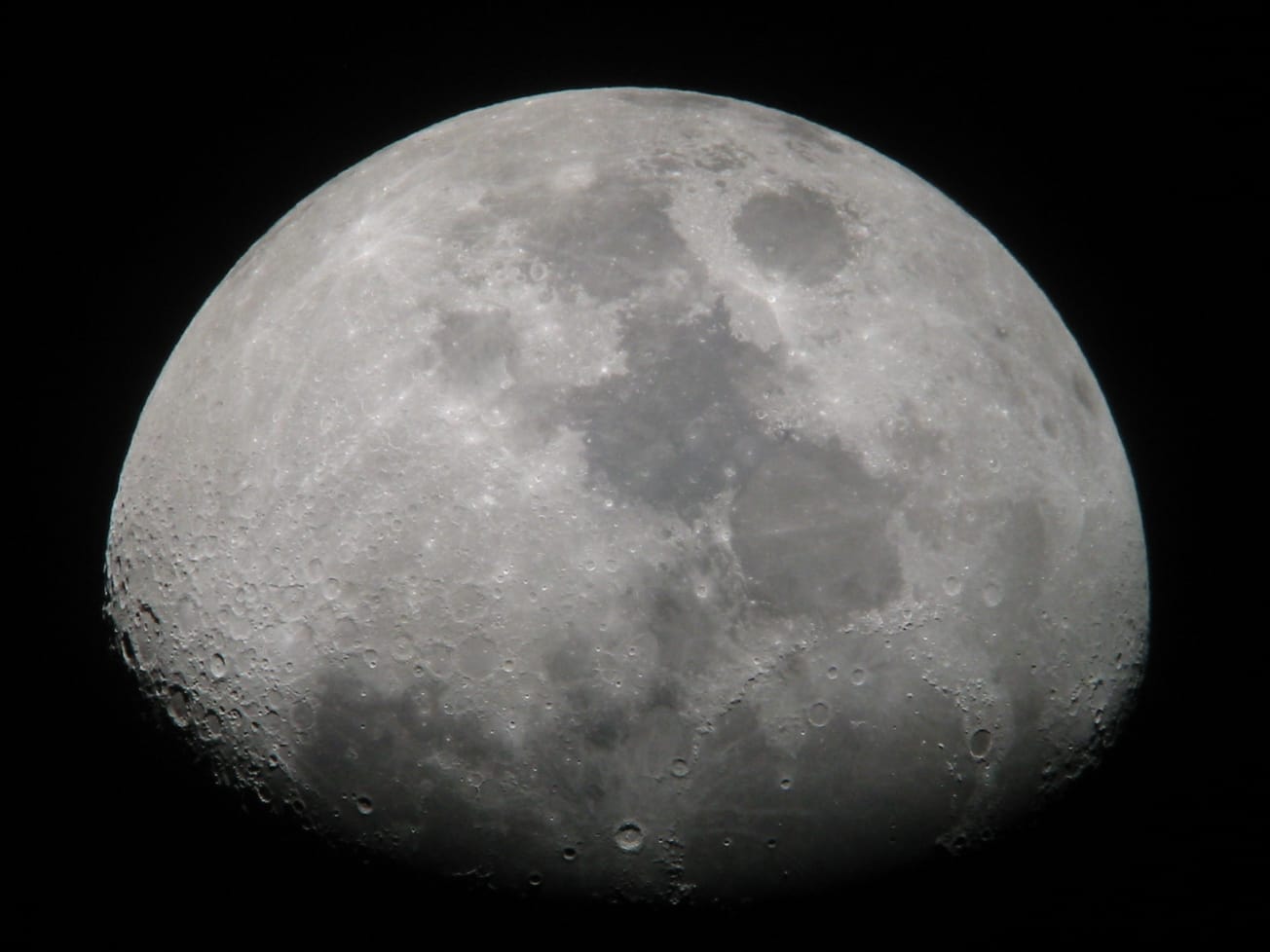Looking to learn something new this festive season, or just get a break from revision or coursework? Check out these science book recommendations from the writers and editors of Epigram SciTech!
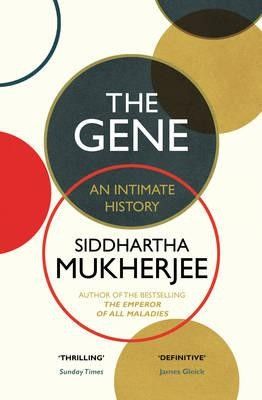
The Gene by Siddhartha Mukherjee (Esme Hedley, SciTech and Sport Subeditor)
This book is a comprehensive account of the history, science, and implications of our understanding of genes. Mukherjee walks us through gene’s rich history, fleshing out the lives of key scientists to show how recognition, influence, and legacy drive the race to a scientific breakthrough. He highlights how efforts to produce homogeneity in humans, seen in the eugenics movement, runs counter to evolution and natural selection. Not just for biology students, this book will appeal to those who want a richer understanding of one of the key concepts of science and how it has affected not only scientific and medical advances, but social policy. Although Mukherjee makes us realise the true power of our genes, he is careful to direct the reader away from any simplistic notion that our identities are determined by our genes.
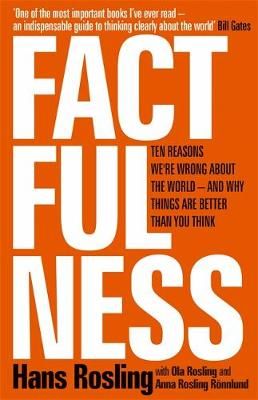
Factfulness by Hans Rosling with Ola Rosling and Anna Rosling Rönnlund (Vilhelmiina, SciTech Editor)
This is one of my favourite non-fiction books, and one that got me interested in global health. Known to many from his 'bubble' graphics explaining international development, the late Hans Rosling was a dedicated champion of 'factfulness'; avoiding making assumptions without factual basis. The book covers ways in which our perspectives of development around the world are distorted, and most importantly, how we can correct ourselves. Factfulness is a wonderfully uplifting read, and has something to teach everyone about the world we live in.
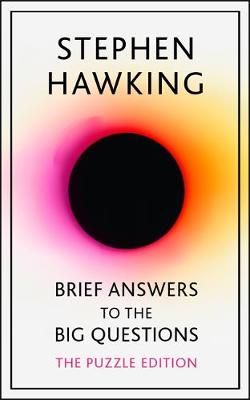
Brief Answers to the Big Questions by Stephen Hawking (Isabel Bromfield, Second year, Mathematics)
Published posthumously, Brief Answers to the Big Questions is a collection of essays drawn from Hawking’s personal archives that attempts to answer some of humanity’s most pressing questions such as 'is there a God?' and 'how do we shape the future?'. More relaxed and less cerebral than Hawking’s famous A Brief History of Time, this book lends a heart and a humour to otherwise intimidating subject matters and leaves the reader with a feeling of hope.
| Can reading and writing help mental health?

The Selfish Gene by Richard Dawkins (Annie La Vespa, Third year, Biology)
The Selfish Gene is a classic, which explores how individuals are merely vessels helping to facilitate a gene’s quest for eternity. Dawkins uses many examples to illustrate how genes have the power to control our future which may seem initially unsettling to some readers. However, the book does go onto describe how mankind has the capacity to reclaim this power back through conscious rebellion. This exciting read powerfully articulates fundamental ideas of Neo-Darwinism to a wide audience and has prompted extensive further research in the biology community.
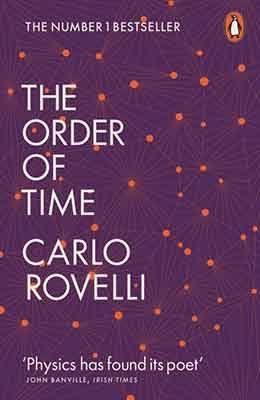
The Order of Time by Carlo Rovelli (Isobel O'Loughlin, Deputy SciTech Editor)
Translated from Italian just last year, The Order of Time is a wonderfully poetic exploration into the physics and philosophy of time. Rovelli - a theoretical physicist - guides the reader through general relativity and quantum theory in a way that is not only accessible, but beautiful. He draws on centuries of science, art and philosophy to show us how far our perception of time is from the reality.
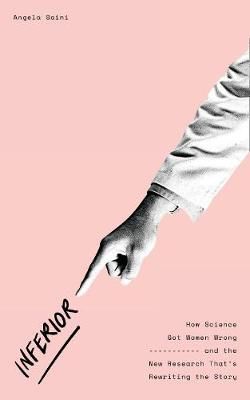
Inferior by Angela Saini (Jenna Ram, PhD Chemistry)
As you read Inferior it becomes glaringly obvious how the scientific community's approach to the sex differences debate has been totally biased. Saini suggests we re-examine what we have accepted as fundamental truths in sex science as she presents a mountain of counter-research across fields such as neuroscience, evolutionary biology, anthropology and primatology revealing just how patriarchal the current foundations are. The new evidence shatters the gender stereotypes that science has told us to accept as biological truths; eye-opening examples calls into question the idea that male and female brains ‘are just wired differently’, that sex differences are just inherited and unchangeable thanks to genetics. It considers the possibility of females in the hunter-gatherer epoch taking part in hunting and not just sitting pretty waiting for the man to bring home the bacon, and crucially it addresses the possibility of females not being the primary caregiver in the family. Written in a balanced way examining all theories, new and old, it approaches the debate on sex differences as it should be - fairly.
All book cover photos courtesy of Waterstones
Featured image: Flickr / 蔡小璇
What's your favourite book? Let us know!





